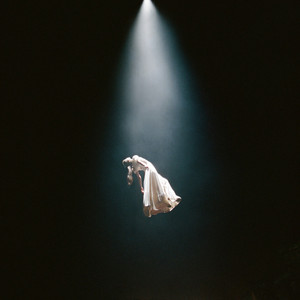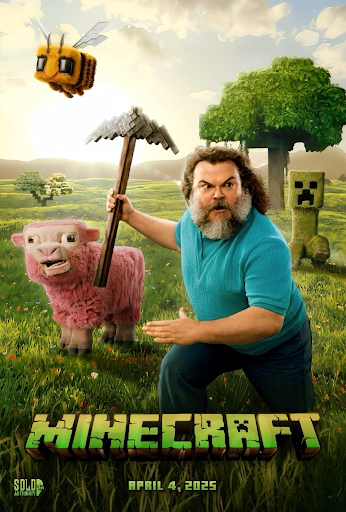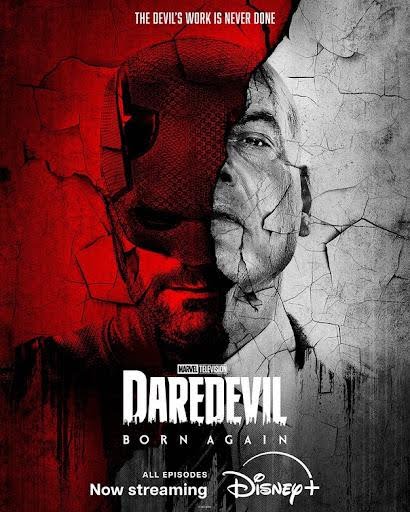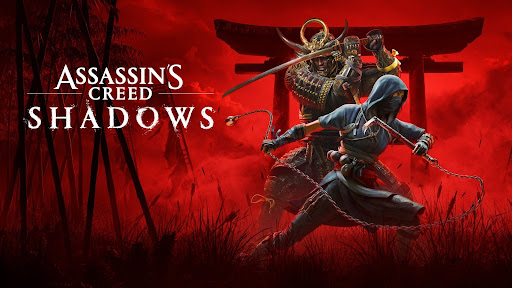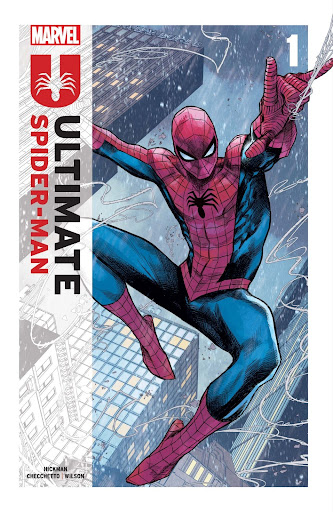‘Fire Emblem Engage’ A Rocky Relationship

Photo courtesy of Nintendo
The “Fire Emblem” franchise is one that I wasn’t a fan of until recently. One thing that always put me off was the perma-death feature, where if a character dies in battle, they are lost forever. It wasn’t until the 3DS fire emblem games that this feature became optional, and characters could return after falling in battle. Without this feature, I don’t think I would’ve fallen in love with the series. “Fire Emblem Engage” takes this love and expands it greatly while simultaneously keeping it just an arm’s length out of reach.
The game is split into two parts: combat and social simulation. I’ll start with the combat because it’s my favorite part of the game. This game’s combat is the best in the series. Battles take place using a grid, where there are two opposing forces. You take control of the allied force, where you can deploy units on a map. Your goal is to defeat the enemies without losing any of your allies. This is done by moving units a set amount of spaces and attacking enemies when you’re close enough. On paper, this battle system sounds basic. However, “Fire Emblem Engage” offers a unique take on battles.
You can summon past “Fire Emblem” protagonists (referred to as “emblems”) to help you in battle. This opens up a wide variety of options for combat that weren’t available previously. You can use the weapons and skills of these emblems, which allows for new strategies to become apparent. This is such a breath of fresh air to the series, as the combat was beginning to become repetitive with each game.
The combat is by far the highlight of the game. I find myself giddy with excitement during each battle, as I love finding new ways to strategies and utilize new tactics. There are so many possibilities when it comes to character customization with combat. You can equip new emblems, weapons, and classes. Any character can change into any class as long as they have the required level for the weapon type of that class. It’s so much fun to experiment, and this game encourages it by letting a character change classes as desired.
I can’t praise this game’s combat enough. It really itches that scratch in every way possible. However…the same can’t be said for the rest of the game. Specifically, the writing in this game is absolutely horrendous. I genuinely believe that this game was written by someone who looked at what made the writing of other games great, and decided that it was too much work to do that. This is what brings us to the second part of this game; the social simulation.
You can improve your relationship with characters by having them fight next to each other in battles and giving them gifts, among other things. This unlocks support conversations, which are conversations between two characters. I found myself avoiding the support conversations because I didn’t want to torture myself by sitting through the awful dialogue. Don’t get me wrong, some characters are really interesting, but they’re overshadowed by bad writing.
This bleeds into the story as well. Other games in the series told stories about the horror of war and the tough decisions that sometimes have to be made. This game also takes place during a war, but it fails to make me care about anything that happens during it. There aren’t any shocking deaths or painful decisions. It’s just the good guys vs. the bad guys. I can’t wrap my head around how the writers came up with such a basic and boring story when the past was successful in keeping everything fresh.
If it weren’t for the combat, I wouldn’t have continued playing this game. I can’t believe there is such a blatant disconnect between the two biggest parts of the game. I really do love this game, but I can’t look past the bad writing. The game does do other things well, like the visuals. The game looks beautiful on the Nintendo Switch, and it compliments the battles amazingly. The world is breathtaking, and it may be one of the best-looking games on the system.
The music is also a great aspect of the game. I was never a fan of “Fire Emblem” games for the music, but oh my goodness does this game deliver with its soundtrack. Every song works wonders with what is happening on the screen. It’s like the sound designers decided to make every song be better than the last.
As an avid RPG player, the gameplay of “Fire Emblem Engage” is a love letter to me. As an avid enjoyer of the stories these games can tell, it’s a kick in the gut. I just can’t forgive a game like this for having such awful writing. This series is known for telling great stories most of the time, so it feels as though this game tried something new but failed miserably. For example, the previous game in the series, “Fire Emblem Three Houses,” took the theme of war that the series is known for and flipped it on its head.
In that game, you are able to experience all the sides of war, learning that everything isn’t always black and white. “Fire Emblem Three Houses” aIso has an excellent social sim aspect, where each individual character has a deep backstory that shines through in the gameplay. Throughout the game, there are little things (for example, choosing a specific dialogue option) that would impact how your relationship with a character would grow. This causes the writing to be exceptional as every ounce of gameplay exemplifies the characterization of your allies.
To go from such an ambitious project with extraordinary writing to a project with such painfully bad writing is astonishing. The social simulation aspect and writing of previous games was meant to make you care about these characters in war. “Fire Emblem Enage” throws all that in the trash and dumps it into an incinerator. I couldn’t care less about 95% of these characters, which is not something that I should feel when playing this series. If only the writing was better, this would be one of the best “Fire Emblem” games of all time.
Score: 7/10


